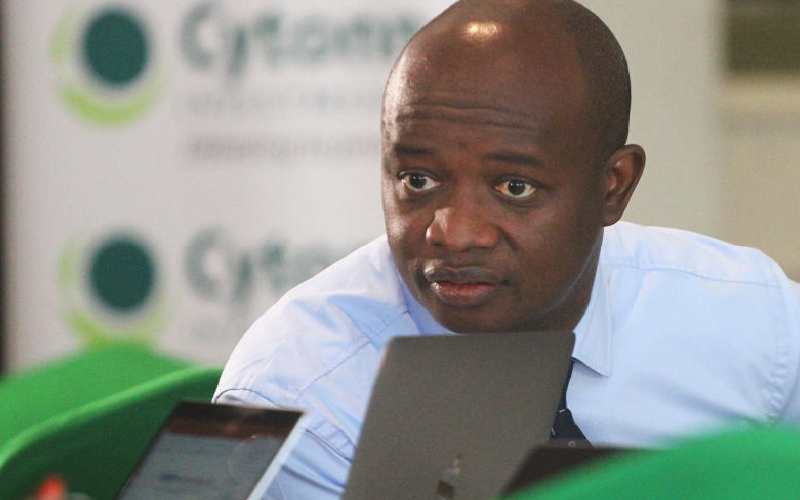×
The Standard e-Paper
Fearless, Trusted News

Edwin Dande, Managing Partner, Cytonn Investments when Cytonn Investments Management Plc (‘Cytonn Investments’) released their Q3’2017 unaudited results, posting impressive growth. [Elvis Ogina.Standard]
For the past five years, Cytonn Investments, led by its suave founder Edwin Dande, has been one of the hottest investment firms in town.